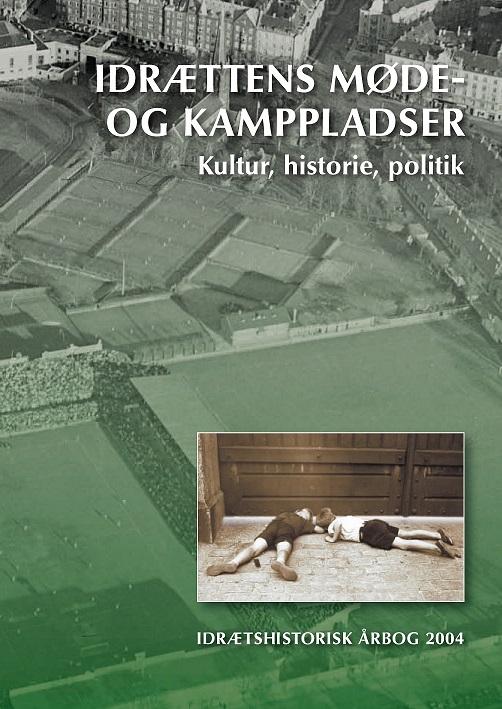Idræt og byplanlægning - med København som case
DOI:
https://doi.org/10.7146/ffi.v20i1.31708Resumé
Sport and urban planning – with Copenhagen as case study
This article deals with the field of sport and urban planning in large cities, with special focus on the municipality of Copenhagen from 1988-2003. In the first place a situation marked by decline is shown to have existed in the field of sport in Copenhagen over recent years (especially in the central section of the city). This provides the opportunity to pose the question of primary concern: How can sport, city life and urban planning be conceived in relation to future guidelines on the politics of sport and on urban planning in a large city such as Copenhagen? The task here is to recommend a way out of decline through an analysis of the area of “sport and urban planning”. Looked at more specifically, in an attempt to break with possibly restrictive thinking patterns, questions have to asked as to the reasoning behind existing politics on this area. What forms of authoritative and legitimate rationalization (and what conditions of power) have been dominating the politics of sport in Copenhagen from 1988- 2003? And how should future guidelines be formulated in order to make sport a more integral part of the city? On this matter a hypothesis is put forward here that sport in a municipal context is subject to a dominant planning norm, which is devoted to an idea of “obligational fellowship”, and that this norm can be restrictive in regard to new thinking on how to make sport a more integral part of the city.

